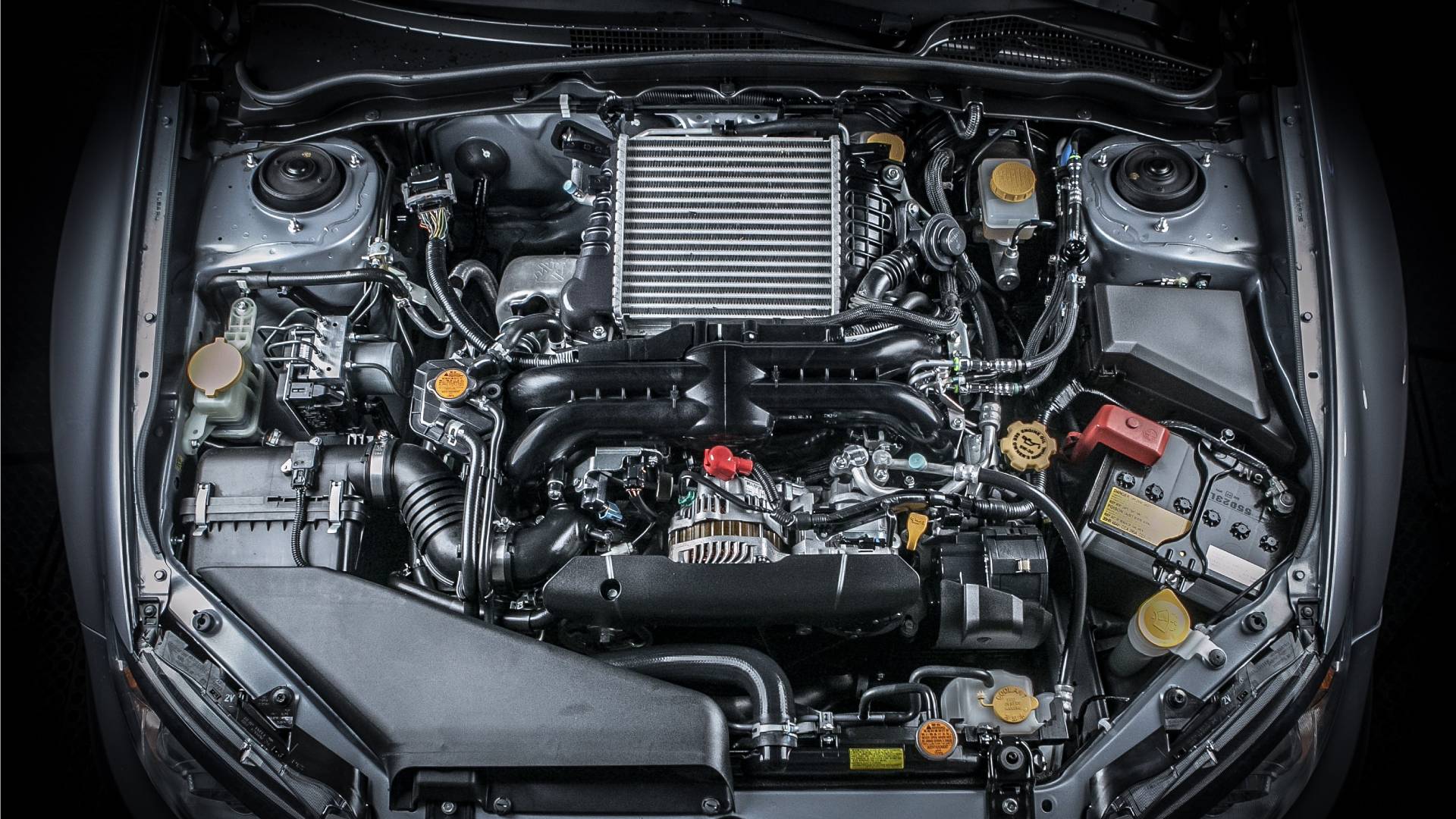Ways That You Can Maintain Your Engine’s Health

Your engine is what helps keep your car running, but how do you keep it healthy? Here are some ways that you can maintain your engine’s health.
Taking care of your car’s engine is crucial for ensuring its longevity and optimal performance. The engine is the heart of your vehicle, and maintaining it properly is key to keeping your car running smoothly and efficiently. There are some ways that you can maintain your engine’s health that are more important than others, and when you practice proper maintenance, you can keep your car and engine in good health for years.
Regular Oil Changes
As a responsible car owner, you likely know about the significance of regular oil changes. Your engine relies on clean oil to lubricate its moving parts and minimize friction and wear, which can lead to serious damage over time if neglected. Follow the manufacturer’s recommended oil change schedule, typically every 3,000 to 5,000 miles. Use high-quality oil that’s right for your engine since inferior oil won’t let you tap into the power that your engine is capable of.
Take Care of Your Exhaust System
Many car owners overlook the importance of maintaining their exhaust systems, yet it plays a significant role in overall engine health. Over time, debris and carbon deposits can accumulate in the exhaust pipe and muffler, leading to restricted airflow and decreased performance. This can even lead to exhaust back pressure, and if there’s one thing to know about exhaust back pressure, it’s that it’s not good for your car or engine. Make it a point to check on your exhaust system regularly, cleaning and replacing parts as necessary to reduce exhaust back pressure and maintain optimal engine performance.
Keep an Eye on Fluid Levels
Beyond oil, several other fluids play a crucial role in your engine’s overall health. Coolant, brake fluid, and power steering fluid are all essential for maintaining optimal engine performance. Regularly check these fluid levels, especially before long trips, and top them up as needed to prevent overheating and other potential damages. You should also flush and replace these fluids periodically since they can degrade over time.
Replace Air Filters
Air filters are vital for preventing dirt, dust, and debris from entering your engine, where they could cause significant damage if left unchecked. A clogged air filter can restrict airflow, leading to reduced engine efficiency and performance. To make sure that your engine is getting clean and proper airflow, be sure to replace your air filter every 12 months or 12,000 miles, whichever comes first. In dusty environments, you should also consider checking and replacing it more frequently.
When you know how to properly maintain your engine’s health, you can keep your car running smoothly and avoid costly repairs down the line. Follow these tips, and your engine can continue performing at its best for years to come!





